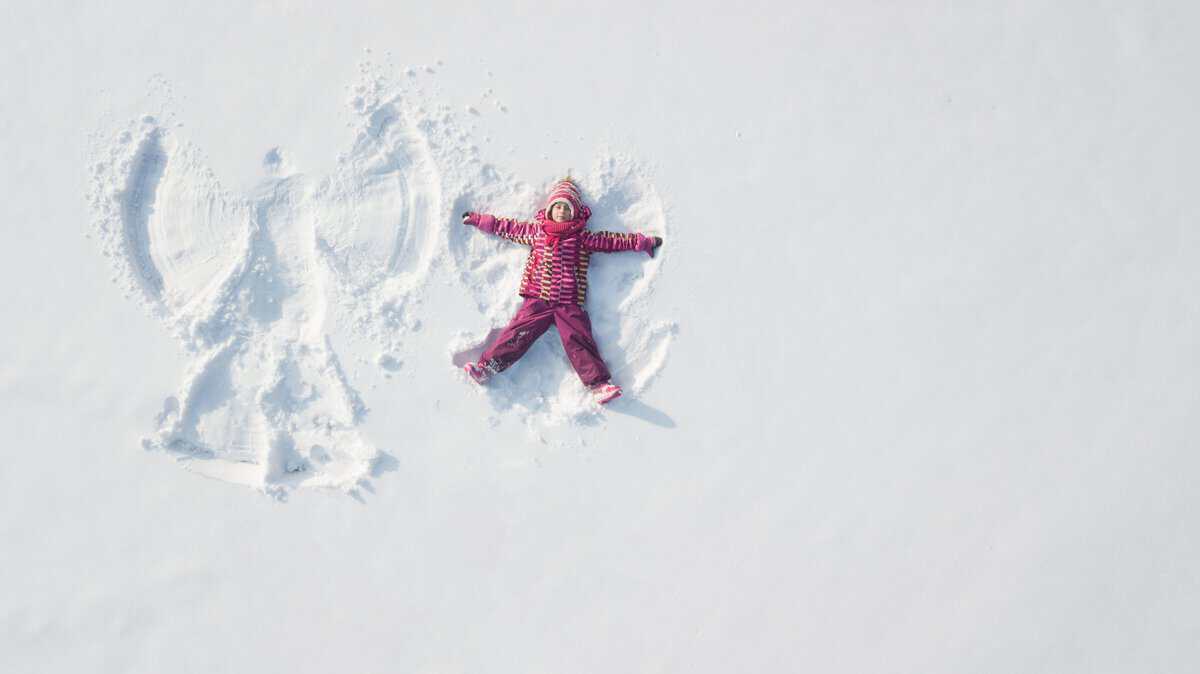If you were a child who grew up around your grandparent(s), then you are aware of how important their role in your life was.
Grandparents teach you about wisdom, patience, and love, but sometimes, their behavior can be more damaging than useful, and there is a thin line between the two.
Here are the eight most common toxic things grandparents (sometimes unknowingly) do.
1. Undermining the Parents’ Rules
Ignoring the parents’ rules is one of the most typical mistakes grandparents make. It may seem innocent to give the kids candy after bedtime, let them skip chores, or go against punishment, but it conveys contradictory messages.
Kids don’t know who is in charge, and parents feel like they aren’t being respected. The best thing a grandparent can do is be consistent and back up the parents’ way of doing things, even if they don’t completely agree.
It’s about working together, not fighting for control. When grandparents and parents are on the same page, kids feel safe, loved, and understood without having to choose sides.
2. Using Guilt to Get Attention
Some grandparents use guilt to keep in touch (usually without meaning to). “You never visit anymore,” or “I guess I’m not important” may originate from love, yet they make people feel bad instead of pleasant.
This emotional manipulation makes adult children feel like they have to choose between love and duty. You can’t manufacture a real connection; it comes from having knowledge and respect for each other.
When they do come or call, instead of feeling negative, say thank you. People should never feel like they have to love someone; they should want to.
3. Playing Favorites Among Grandchildren
When grandparents show favoritism, even in small ways, it can hurt people emotionally for a long time. It affects a child’s self-esteem and confidence when they think they are less important than another child.
Saying things like “You’re the smart one” or “She’s the pretty one” may not seem like a big deal, but they make grandchildren compare themselves to each other.
Even if their personalities are distinct, every grandchild should feel special. There is no rivalry in love; it is unconditional. To be truly wise, you have to see each child for who they are and love them without judging or labeling them. Fairness creates trust that lasts for generations.
4. Talking Badly About the Parents
Sometimes grandparents talk about their adult children in front of the grandkids, not realizing how bad that is. When a child listens to criticism of their mom or dad, they feel like they have to choose between loyalty and affection.
It also shows children that it’s okay to be rude to family members. If you’re upset, you should talk about it in private, not in front of kids.
Grandparents should work to bring people together, not tear them apart. Showing respect, even when you don’t agree with someone, is a way to protect a child’s sense of safety.
5. Ignoring Boundaries Around Privacy
Just because someone is family doesn’t mean they don’t have boundaries. Reading private messages, publishing images online without permission, or giving unwanted parenting advice are all things that violate emotional boundaries.
A lot of grandparents do this with good intentions, but it still breaks trust. Being mature and emotionally intelligent means respecting other people’s privacy. Families do well when everyone feels secure to say what they want.
The most wonderful grandparents listen more than they talk, help without being bossy, and wait to be asked to be involved in delicate topics instead of assuming they can simply jump in. That’s how relationships stay strong.
6. Trying to “Buy” Love With Gifts
Giving your grandchildren gifts instead of spending time with them may seem nice, but it can also show that you are emotionally distant. You can’t replace quality time, consideration, or conversation with toys or money.
When love is based on transactions, kids tend to think that love is about goods. The best memories are those times when you did things together, like cooking, sharing stories, or just paying attention.
Gifts should come from the heart, not because you feel bad or want to win an imaginary battle. Money can’t buy true connection; it’s formed through love, time, and being there for each other.
7. Forcing Old Beliefs on Younger Generations
Grandparents frequently have strong ideas that come from a different time, yet enforcing old ideals might cause problems.
Forcing ideals about gender roles, jobs, or parenthood doesn’t inspire; it pushes people away. Every generation changes in its own way, and love should allow for it. It’s nice to share experiences, but it’s not nice to force them on others.
The best grandparents set a good example for their grandchildren instead of trying to control them. Respecting change doesn’t eliminate tradition; it keeps it alive in a way that works in today’s society. Love listens before it teaches, and wisdom adapts to the new ages.
8. Refusing to Apologize or Admit Mistakes
If you are older than someone, it does not mean you shouldn’t ever say “I’m sorry.” Some grandparents, however, think that age or experience makes bad behavior okay. Not saying sorry tells younger people that pride is more important than peace.
Admitting mistakes shows that you are strong, not weak. It teaches kids that love should be honest, forgiving, and adaptable. When grandparents take responsibility, they stop cycles of pride and stubbornness.
One honest “I was wrong” and one simple talk can start the healing process. Sometimes, that’s all a family needs to move on together.
Born and raised in Bosnia and Herzegovina. Ever since I was a little girl, my imagination knew no bounds. I remember vividly how I’d scribble down short stories, each page bursting with adventures and characters conjured up from the whimsy of my mind. These stories weren’t just for me; they were my way of connecting with my friends, offering them a slice of my fantasy world during our playtimes. The joy and excitement on their faces as we dived into my fictional realms motivated me to keep writing. This early passion for storytelling naturally evolved into my pursuit of writing, turning a childhood hobby into a fulfilling career.









